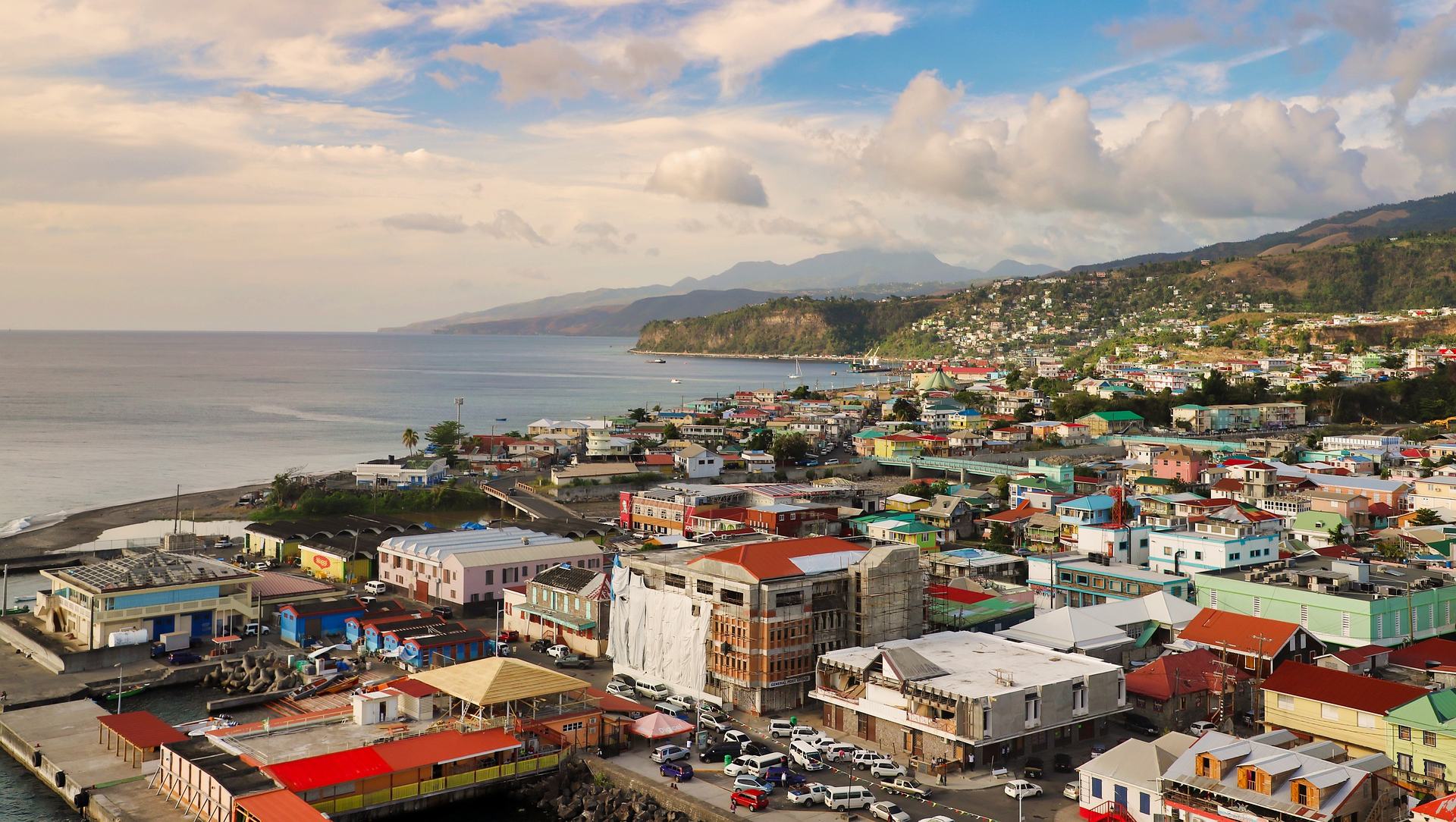World Bank to Strengthen Dominica’s COVID-19 Response with US$6.6 Million
Media Release Courtesy The World Bank
WASHINGTON — The World Bank activated on April 15 US$6.6 million to provide immediate funding for Dominica’s emergency response to the COVID-19 (coronavirus) pandemic, focusing on enhancing health system capacity and strengthening food security.
“The World Bank has mobilized rapid support for Dominica’s emergency response activities to limit the impacts of COVID-19, protect the people of Dominica, and lay the groundwork for recovery,” said Tahseen Sayed, World Bank Country Director for the Caribbean.
From the total amount activated, US$5.1 million will be used to bolster the capacity of Dominica’s public health system to manage COVID-19. Funds will be available to purchase drugs, medical supplies and equipment, and laboratory supplies to boost testing capacity and for minor retrofitting of isolation units.
Another US$1.5 million will be used to support agriculture and strengthen national food security during the pandemic. The intervention is targeted to reach an estimated 3,200 farmers to ensure that the local food supply chains are better able to meet the needs of the island.
The funds were mobilized under two projects using the Contingency Emergency Response Components (CERCs). CERCs allow funds to be reallocated from existing projects and used for emergency response activities. This allows countries to access resources rapidly to meet current priorities. US$3 million was reallocated from the Organisation of Eastern Caribbean States (OECS) Regional Health Project and US$3.6 million from the Emergency Agricultural Livelihoods and Climate Resilience Project.
World Bank Group COVID-19 Response:
The World Bank Group is rolling out a US$14 billion fast-track package to strengthen the COVID-19 response in developing countries and shorten the time to recovery. The immediate response includes financing, policy advice and technical assistance to help countries cope with the health and economic impacts of the pandemic. The IFC is providing US$8 billion in financing to help private companies affected by the pandemic and preserve jobs. IBRD and IDA are making an initial US$6 billion available for the health-response. As countries need broader support, the World Bank Group will deploy up to US$160 billion over 15 months to protect the poor and vulnerable, support businesses, and bolster economic recovery.

